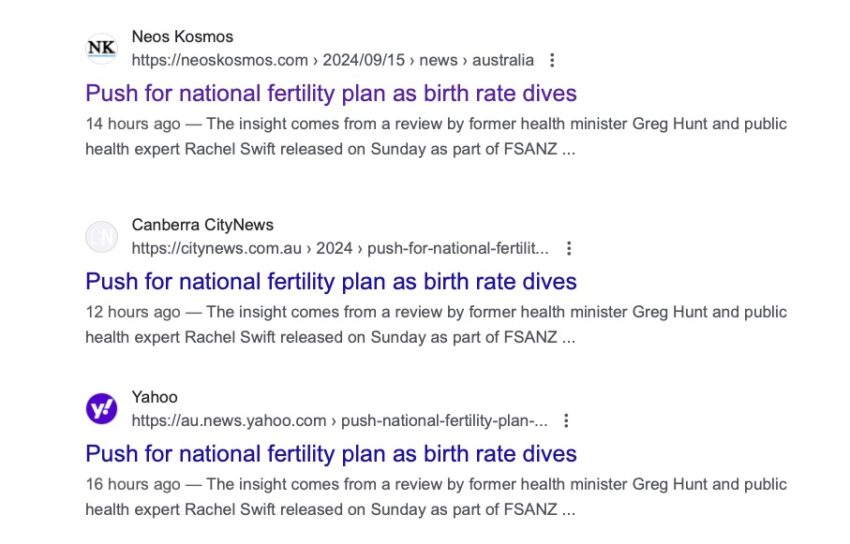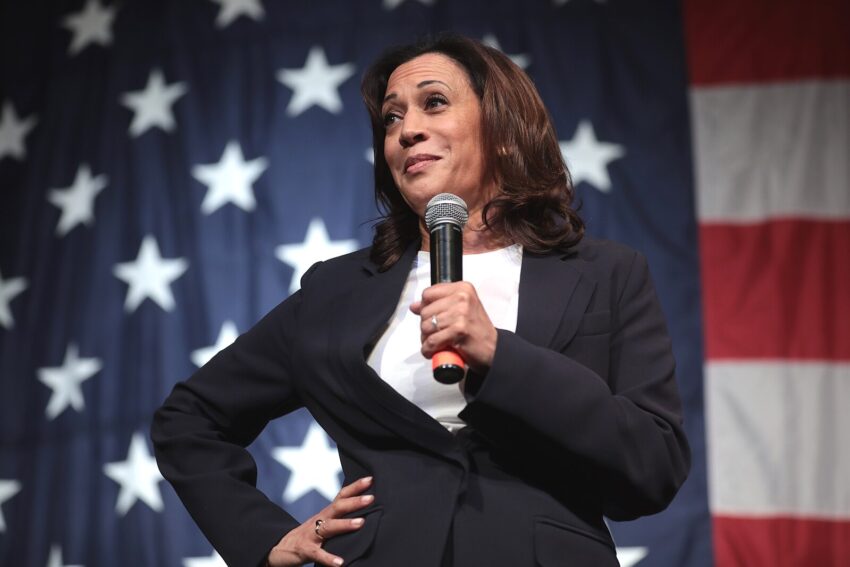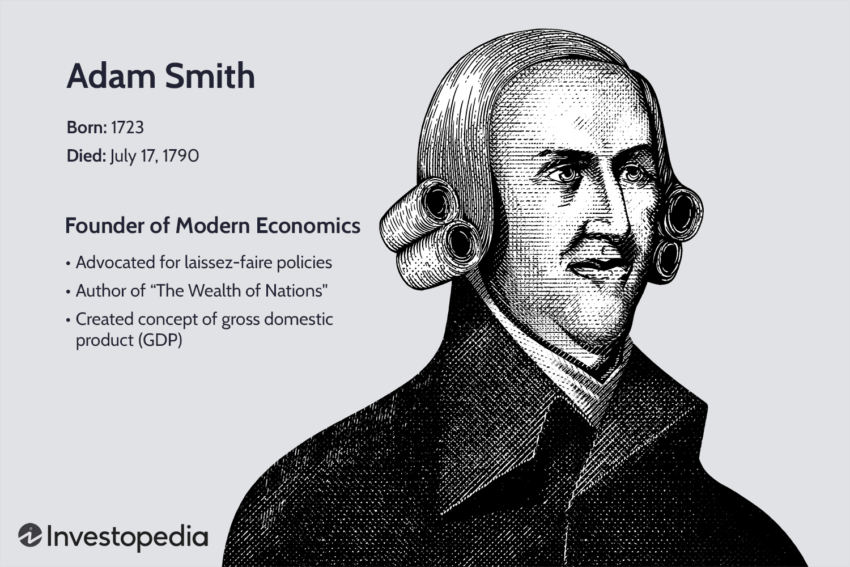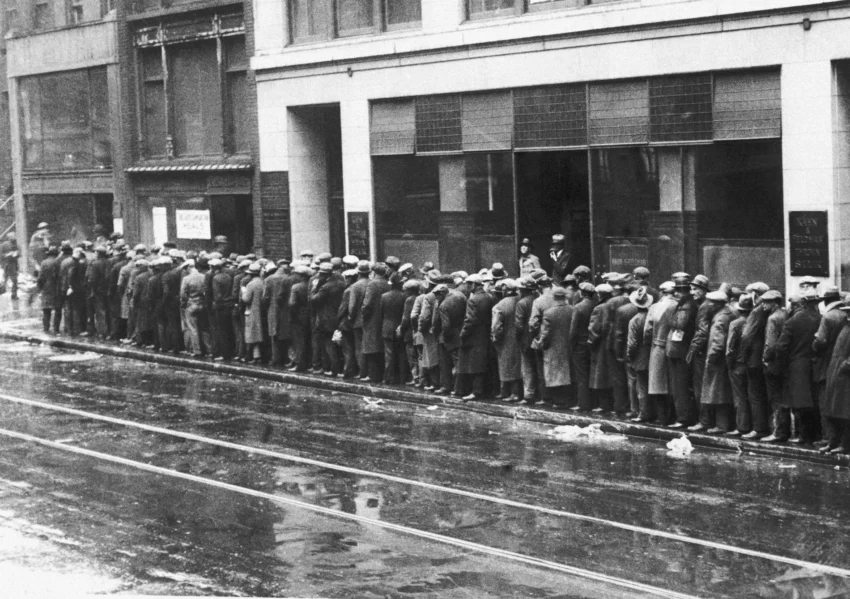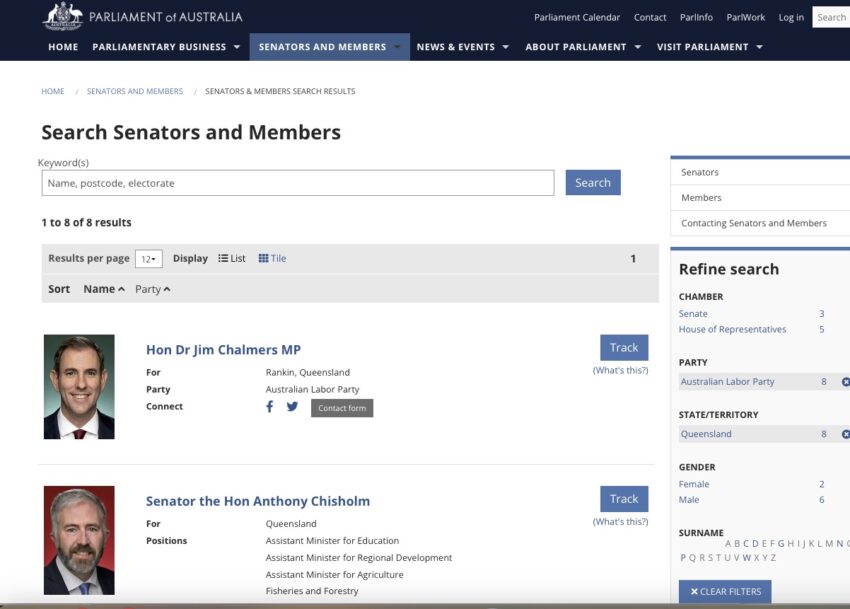
There are evidence-based policies that provide the greatest good for the greatest number. And there are policies based on lobbyists’ and interest groups’ desires which provide large profits for a small number of people at the expense of everyone else or at the huge expense of a segment of people.
Continue reading “The evidence should be in”